Craig Kielburger
Craig Kielburger is a Canadian activist, New York Times best selling author and the co-founder of Me to We.
At the age of 12, Craig Kielburger read a newspaper article about a Pakistani boy that would ultimately change his life. He learned that the boy, Iqbal Masih, had been murdered for speaking out about unspeakable child labor practices in his country. This led Craig on a trip to South Asia where he witnessed first-hand the horrors of child labor. Upon his return, he wrote about it in a book called, Free The Children.
Together with his brother Marc, Craig committed his life to helping children. The Free The Children initiative became a lifelong mission to effect positive change in the world. The idea eventually led to the WE Movement (a movement of people coming together to change the world).
The brothers would move on to founding WE Charity, which includes programs: WE Villages, WE Schools and WE Day.

Craig Kielburger is also the co-founder of ME to WE, which has been described as a pioneering social enterprise. The profits from ME to WE help sustain the work of the partner charitable organizations. Because of his advocacy work, Craig has been featured in the media many times. He has been seen on the Oprah Winfrey Show, 60 Minutes and the BBC.
For his philanthropic efforts, Craig has been recognized internationally. He is the recipient of 15 honorary degrees and doctorates. In 2007, at 25, he was inducted into the Order of Canada. He has also received the Nelson Mandela Freedom Medal, the World Children’s Prize, and was named Canada’s Most Admired Public Sector CEO in 2015. Craig Kielburger was also the youngest to ever graduate from the Kellogg-Schulich Executive MBA program at York University.
As a New York Times bestselling author and a nationally syndicated columnist, Craig has published 12 books. He was also voted by Canadians as one of Canada’s top most trusted influencers in a Readers Digest poll.
Fusing Technology with the Selling Power of Purpose
An excerpt from the book WEconomy with Holly Branson. Chapter Eight: Differentiate Products, Page 127
“Track Your Impact makes any product stand out. It brings an online edge to the in-store shopping experience, and fuses the transparency of technology with the selling power of purpose. So often companies try to sell what their products don’t do: No animals were harmed, no rainforests were cut down.
The beauty of TYI is that it shows you what your purchase will do. And with sharable content that customers can take to social media. Shoppers buy the product, make an impact, meet the community affected, and share the story, like pictures of clean-water projects or facts about drought and small-hold farmers. The social media halo amplifies the brand, and invites other consumers to join. And when consumers opt-in to receive information about their impacts, at the bottom of the message they see additional products and services that deliver more impacts to change the world. All of this amplifies the cause, inspiring others to shop with impact.”
Ensuring Long Term Sustainability
An excerpt from the book WEconomy with Holly Branson. Chapter Three: From the Slaughterhouse to Social Enterprise, Page 57
“Inspired by Jeff’s early guidance, every ME to WE project is filtered through two lenses. First, it must do good in the world in and of itself. For instance, we create jobs in our trip locations, where we need local architects and engineers, chefs, drivers, interpreters, and guides. And second, it must make money to fund the organization’s charitable projects. Revenue from trips is funnelled back into WE Charity to fund development projects in those same communities. Every trip participant is part of the sustainable development process; you do good just by staying with us. Not only by mixing cement and laying bricks for a new school or water project, but because the cost of your trip itself helps to fund the very same projects you’re building. Our social enterprise helped solidify the idea of purpose and profit, or in our case revenue, coming together to change the world.
Within seven years of starting up, more than $13 million in cash and offsetting in-kind donations has gone to support the charity (for instance, ME to WE pays the rent for WE Charity offices). This financial prop keeps our charity administration rate as low as possible, at an average of 10 percent, meaning 90 percent of every public donation dollar goes directly to the projects—a very efficient rate given the average among U.S. charities of our size is 25 percent spent on administration and fundraising.3 Most important, we’re able to invest in key drivers like measurement, research, and continuous project improvement. This financial stability allows us to plan for the long term to achieve the greatest, most sustainable impact.”
